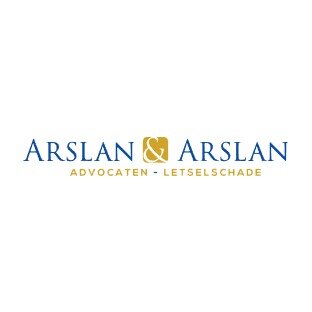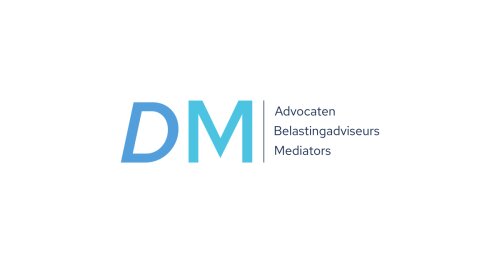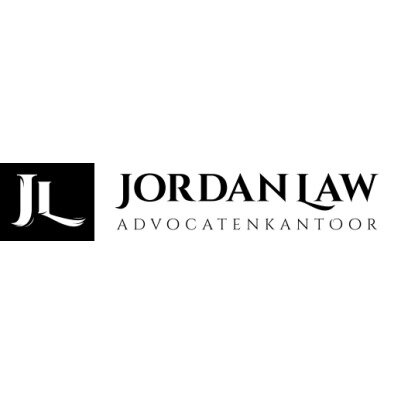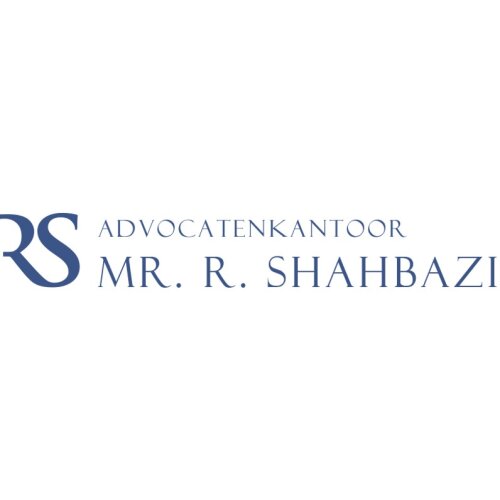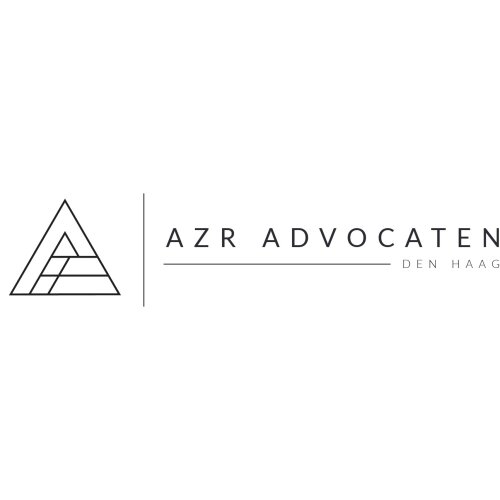Best Drug Crime Lawyers in The Hague
Share your needs with us, get contacted by law firms.
Free. Takes 2 min.
List of the best lawyers in The Hague, Netherlands
About Drug Crime Law in The Hague, Netherlands
The Hague, a prominent city in the Netherlands, is bound by Dutch laws concerning drug-related offenses. Drug crime law in the Netherlands is characterized by its pragmatic and culturally liberal approach, which seeks to manage rather than strictly prohibit certain drug activities. The Dutch Opium Act classifies drugs into soft drugs (like cannabis) and hard drugs (more harmful substances such as cocaine and ecstasy). Soft drugs are tolerated under specific conditions, while hard drugs remain illegal. Despite this tolerant approach, serious penalties can be imposed on activities like drug trafficking or the illegal cultivation of drugs. It is crucial for individuals in The Hague to understand the nuances of these laws to avoid legal repercussions.
Why You May Need a Lawyer
There are various reasons individuals may require legal assistance concerning drug crime in The Hague. Common scenarios include being accused of drug trafficking or possession, facing allegations related to illegal drug cultivation or distribution, dealing with the import or export of controlled substances, or handling the aftermath of a drug-related arrest. Professional legal representation can be crucial in preparing a defense, negotiating plea bargains, or navigating the complexities of the Dutch legal system where drug crimes are concerned. Furthermore, a lawyer can mediate interactions with law enforcement agencies and ensure an accused person's rights are protected throughout legal proceedings.
Local Laws Overview
Key aspects of local laws in The Hague concerning drug crime include:
- The Opium Act: This national legislation categorizes drugs into two lists, with strict penalties for possession, production, and trafficking, particularly concerning hard drugs.
- Tolerance Policy: The policy allows for the quasi-legal operation of coffee shops, which can sell small quantities of cannabis under strict regulations. These establishments must adhere to guidelines to avoid prosecution.
- Cultivation Laws: Cultivation of cannabis for personal use is technically illegal, although small-scale cultivation (up to 5 plants per household) is often tolerated under a non-prosecution policy.
- Send and Receive Act: Allows for quick and direct communication between Dutch law enforcement agencies and international bodies to address cross-border drug offenses.
- Strict Enforcement against Hard Drugs: The authorities apply stringent measures against the trade and production of hard drugs, with significant penalties that can include substantial prison sentences.
Frequently Asked Questions
What are the penalties for drug possession in The Hague?
The penalties for possession depend on the type and amount of drug. Possession of small amounts of soft drugs is often tolerated, while possession of hard drugs or large quantities can lead to fines and imprisonment.
Is cannabis legal in The Hague?
Cannabis is not legal, but its sale is tolerated in licensed coffee shops under strict regulations. Private purchase and use are also tolerated within limited amounts.
Can tourists buy cannabis in The Hague's coffee shops?
Unlike some other Dutch cities, The Hague generally allows tourists to buy cannabis in its coffee shops, but policies can change. Always check local regulations.
What should I do if I am arrested for a drug crime in The Hague?
It is crucial to contact a lawyer immediately to ensure your rights are protected. Refrain from making statements to the police until you have legal representation.
Is drug trafficking punished differently than possession?
Yes, drug trafficking involves harsher penalties. Trafficking in hard drugs can lead to severe sentences, often significantly longer than those for mere possession.
What constitutes drug trafficking under Dutch law?
Drug trafficking includes the production, transport, sale, or distribution of controlled substances. It also covers the import and export activities of drugs.
How are drug-related offenses prosecuted in The Hague?
Drug-related offenses are prosecuted based on evidence gathered by law enforcement. Cases are often tried in criminal courts, where a prosecutor presents the charges against the defendant.
Is there a difference between handling soft and hard drugs?
Yes, the Dutch legal system distinguishes between soft drugs (e.g., cannabis) and hard drugs (e.g., cocaine). The latter generally incur more severe legal penalties.
Are there any legal consequences for owning drug paraphernalia?
Possession of drug paraphernalia related to the consumption of soft drugs is typically tolerated, whereas paraphernalia associated with hard drugs could result in legal consequences.
How does the Dutch legal system handle minors involved in drug crimes?
Minors are subject to different legal procedures, often emphasizing rehabilitation over punishment. Courts might impose alternative sanctions focused on education and reintegration.
Additional Resources
Several resources can provide assistance and information regarding drug-related legal issues in The Hague:
- The Netherlands Jurisdictional Information Office offers guidance on laws and legal proceedings.
- Law firms specializing in Dutch criminal law can provide expert advice and representation.
- Legal aid organizations, such as the Dutch Legal Aid Board, help individuals who cannot afford a lawyer.
- Government agencies like the Public Prosecution Service (Openbaar Ministerie) can give information on the prosecution process.
- Non-profits focused on drug policy and harm reduction, such as the Trimbos Institute, offer educational resources.
Next Steps
If you require legal assistance concerning drug crime in The Hague, consider taking the following steps:
- Research and contact a lawyer specializing in drug-related offenses in the Netherlands.
- Gather any relevant documentation, evidence, and information about your case to prepare for your legal consultation.
- Discuss your options and potential legal strategies with your lawyer to understand the possible outcomes.
- If eligible, apply for legal aid assistance through the Dutch Legal Aid Board.
- Stay informed about any updates or changes in Dutch drug laws that may affect your case.
Lawzana helps you find the best lawyers and law firms in The Hague through a curated and pre-screened list of qualified legal professionals. Our platform offers rankings and detailed profiles of attorneys and law firms, allowing you to compare based on practice areas, including Drug Crime, experience, and client feedback.
Each profile includes a description of the firm's areas of practice, client reviews, team members and partners, year of establishment, spoken languages, office locations, contact information, social media presence, and any published articles or resources. Most firms on our platform speak English and are experienced in both local and international legal matters.
Get a quote from top-rated law firms in The Hague, Netherlands — quickly, securely, and without unnecessary hassle.
Disclaimer:
The information provided on this page is for general informational purposes only and does not constitute legal advice. While we strive to ensure the accuracy and relevance of the content, legal information may change over time, and interpretations of the law can vary. You should always consult with a qualified legal professional for advice specific to your situation.
We disclaim all liability for actions taken or not taken based on the content of this page. If you believe any information is incorrect or outdated, please contact us, and we will review and update it where appropriate.




